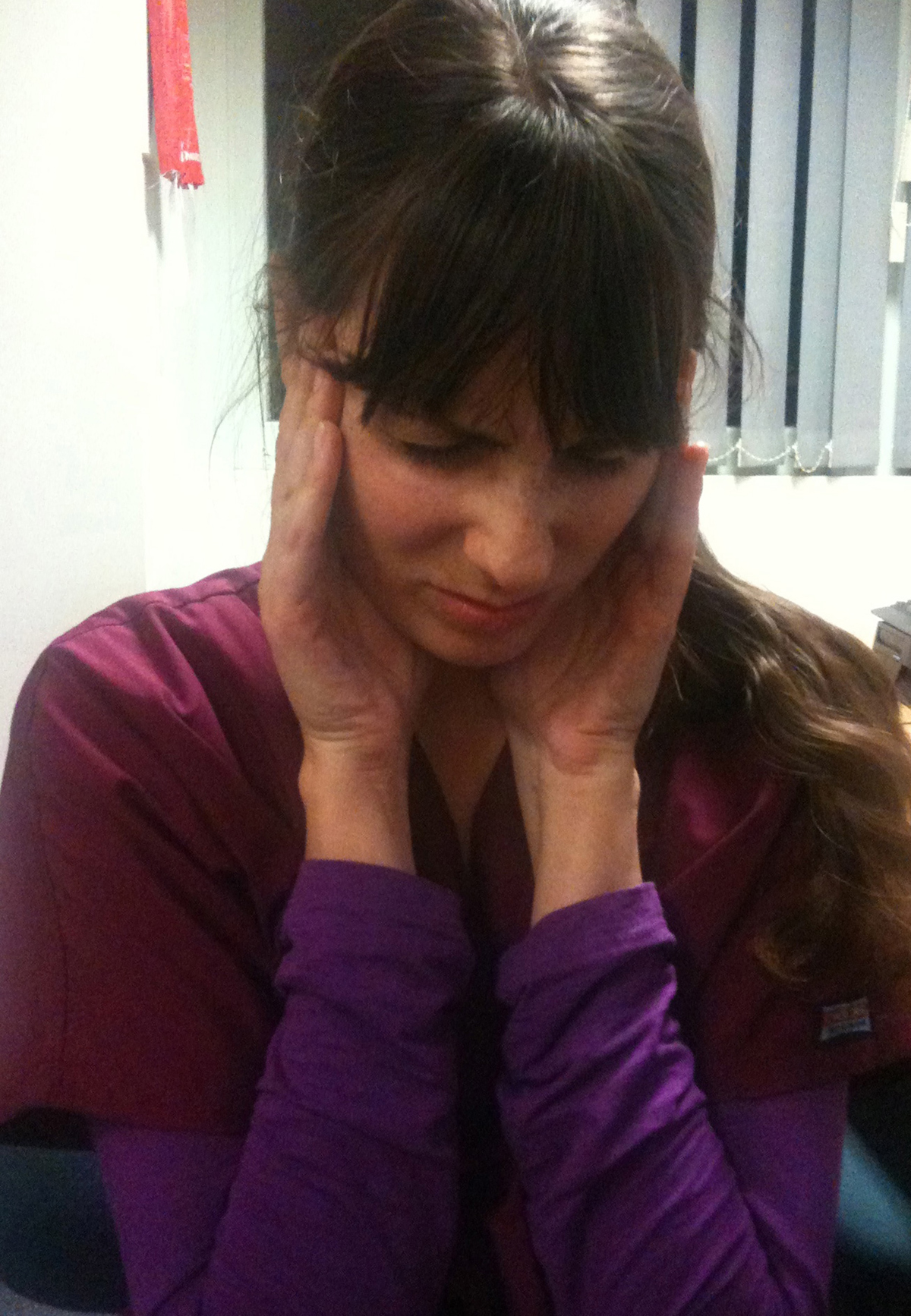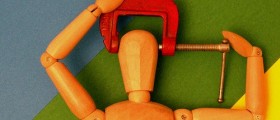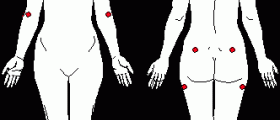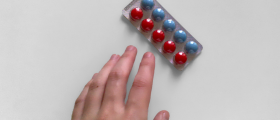
A tension headache is the most common type of headache which happens to stress and anxiety. These headaches can be quite agonizing and they produce almost constant pain in the head or neck, which puts pressure on both sides of the head, unlike migraines which starts on only one side.Until recently, tension headaches were considered to occur because of the tension in the muscles of the neck or the head, but these days the option of them having something more to do with the brain is being considered.
Tension headaches will most likely not disrupt someone’s life and activities in a way that they cannot perform them. They usually last from less than an hour to a couple of days but they can sometimes be chronic which means that their occurrence can be as long lasting as about half a month.
A doctor can easily diagnose a tension headache by making basic inquiries about one’s health and lifestyle choices. The treatment varies from various drugs to different therapies, and it depends on the severity and frequency of the pain, as well as the preferences of the individual.
The usual first step in treating tension headaches is taking non-prescription drugs as they are quite efficient. Those are typically non-steroidal anti-inflammatory drugs such as Aspirin and ibuprofen. But one must be moderate in consuming these drugs because should he take more than three per week, a condition called a rebound headache may arise. These are the headaches that appear after the effects of the drug have vanished from the system and eventually one will start getting headaches as soon as that happens.
The next step are prescription drugs, and they are likely to be used for chronic tension headaches or if the previously mentioned drugs do not stop them. Prescription drugs are taken once a day and the doctor might recommend some of the following: antidepressants, seizure medicines, anti-anxiety medicines or medicines that relax muscles.
Being that the tension headaches are most often caused by stress, another way to try and deal with them is stress management. Biofeedback is one of these and it consists of finding a way to be in touch with the body by relaxing body parts that are not usually under conscious control, such as muscles. Another way to get rid of these headaches is acupuncture and it means putting needles in certain parts of the face and body and it is indeed proven to be working. Yoga and meditation may also be helpful.
A combination of drugs and stress-management therapies is also a possibility.
However, seldom does a treatment prevent all further tension headaches. Having significantly less of them and with much reduced pain is considered to be quite a success. Every individual is different and reacts to certain treatment in his own way, so it might take some time to discover the right solution for someone.

















Your thoughts on this
Loading...